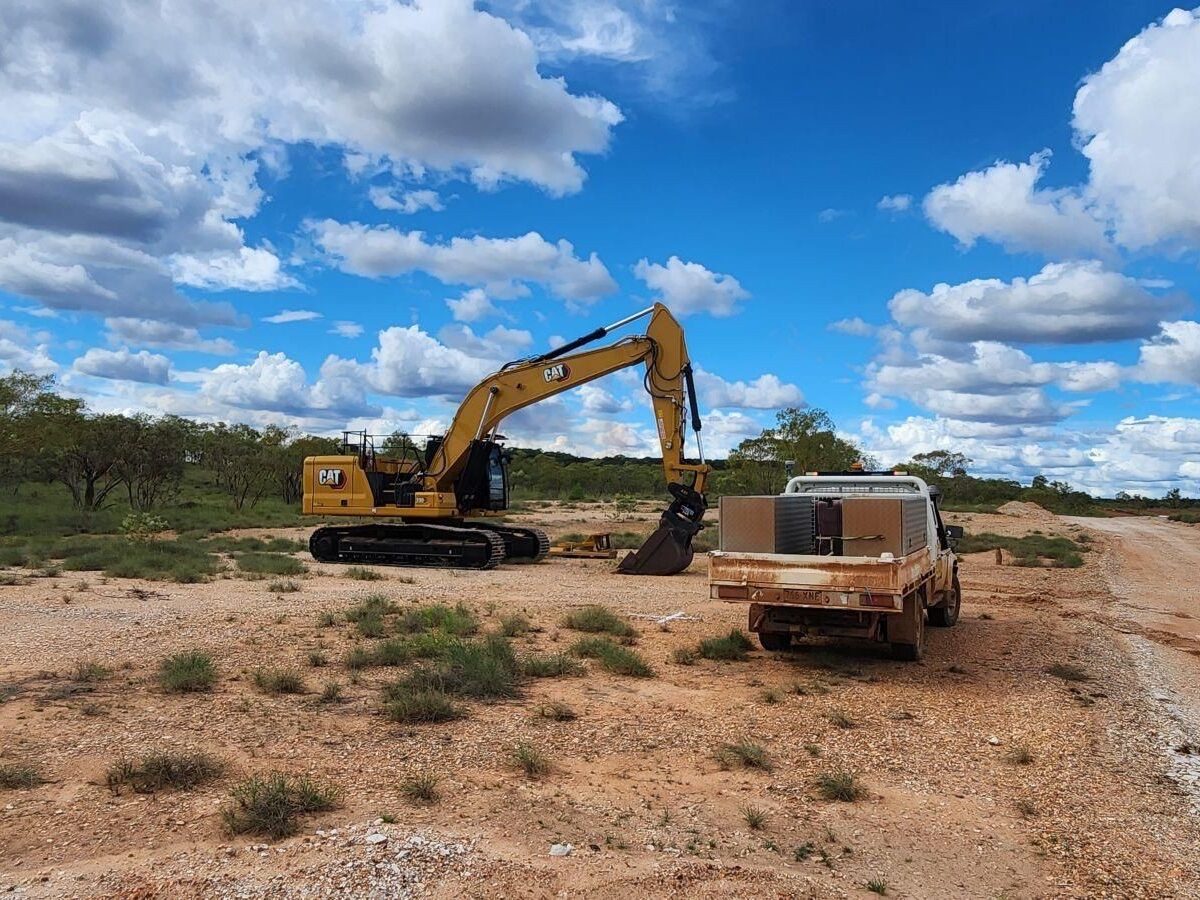Pit-to-production PhosOne fertiliser JV gets prescribed project status

The PhosOne joint venture between North West Phosphate (NWP) and Sibanye-Stillwater (SSW) has been awarded prescribed project status by the Queensland government, which says it is expected “to generate $1.4 billion in economic value”.
In a statement on Friday, the state government described PhosOne as a pit-to-production venture capable of creating 490 jobs in construction and 240 ongoing roles.
It will see phosphate ore mined from NWP’s new $150 million Paradise South mine, 130 kilometres northwest of Mount Isa, then transported to Century mine for processing, with additional processing of the concentrate at the Port of Karumba, before shipping.
The open cut mine has an estimated resource of 2 million tonnes per annum of phosphate ore, according to NWP's website, and “an initial 20 year mine life”.
According to the Queensland government’s website, prescribed status “enables the Coordinator-General, if necessary, to intervene in state and local government approval processes” to expedite decision-making. Such projects are of significance, particularly economically and socially, to the state or a region.
NWP Managing Director John Cotter said the project status was a strong signal of support and provides welcome momentum as it moves through the joint venture study phase.
“This declaration supports the project’s continued development and planning, and recognises the long-term strategic value a project like PhosOne could offer in terms of securing phosphate supply, supporting regional employment, and contributing to domestic fertiliser production,” Cotter said.
The Paradise South Phosphate Mine was awarded $5.77 million in funding in July last year through the state government’s Mount Isa Mining Acceleration Program.
Assistant primary industry development minister Sean Dillion added: “Our resources and agricultural industries are a powerhouse for Queensland’s economy and this project has the potential to deliver for both – more domestically manufactured fertiliser and more mining development.”
Picture: Paradise South (credit NWP/Linkedin)
Further reading
Queensland fertiliser plant at risk as high energy costs threaten closure
Lack of local production leaves Australia sensitive to urea price shocks
@aumanufacturing Sections
Analysis and Commentary Awards casino reviews Defence Gambling Manufacturing News Online Casino Podcast Technology Videos





